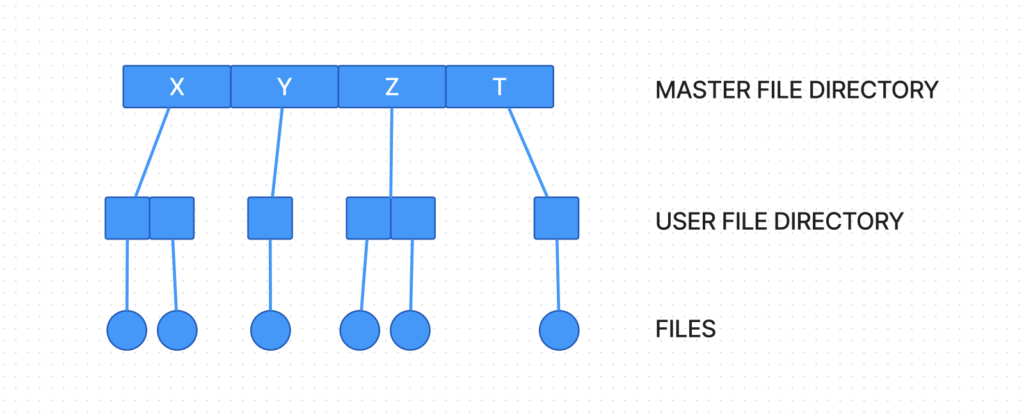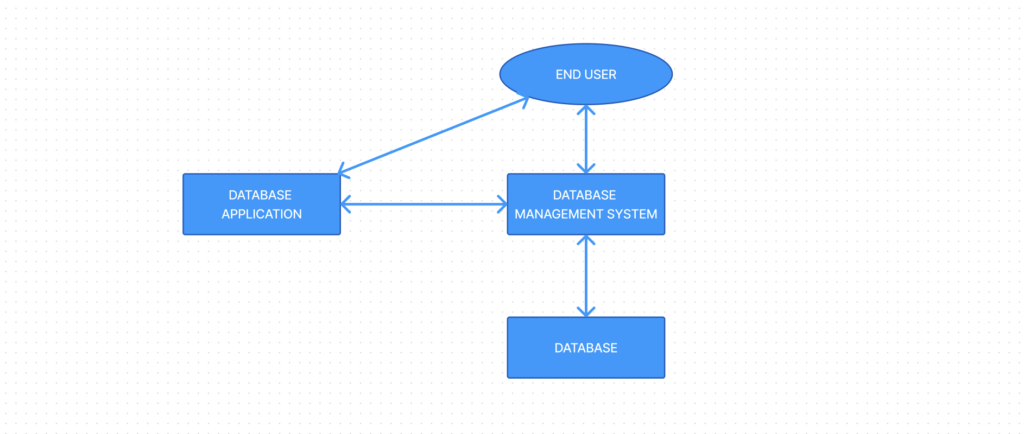In this article, you’ll learn about the difference between DBMS and File System and more.
A file system organizes files on a storage device (like a hard drive) for easy retrieval. It uses directories (folders within folders) and performs tasks like naming, managing, and access control.
Example: NTFS(New Technology File System), EXT(Extended File System).

A Database Management System (DBMS) is software for organizing related data. It allows efficient storage, retrieval, and security of the data. Users can access data using SQL queries and the system offers backup and recovery mechanisms.
Example: Oracle, MySQL, MS SQL server.

Difference between DBMS and File system
| DBMS | File System |
|---|---|
| DBMS is a collection of data. In DBMS, the user is not required to write the procedures. | File system is a collection of data. In this system, the user has to write the procedures for managing the database. |
| DBMS gives an abstract view of data that hides the details. | File system provides the detail of the data representation and storage of data. |
| DBMS provides a crash recovery mechanism, i.e., DBMS protects the user from the system failure. | File system doesn’t have a crash mechanism, i.e., if the system crashes while entering some data, then the content of the file will lost. |
| DBMS provides a good protection mechanism. | It is very difficult to protect a file under the file system. |
| DBMS contains a wide variety of sophisticated techniques to store and retrieve the data. | File system can’t efficiently store and retrieve the data. |
| DBMS takes care of Concurrent access of data using some form of locking. | In the File system, concurrent access has many problems like redirecting the file while other deleting some information or updating some information. |